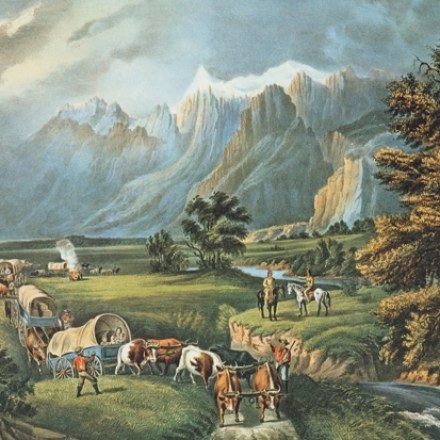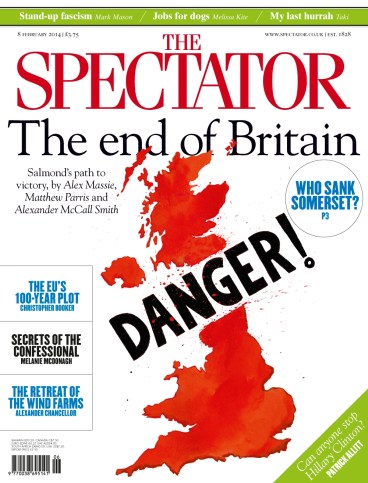Has land ownership changed our lives for better or for worse?
If the gentle reader has any concerns that a study of land ownership might tend to the dry, they will be dispelled in the very first pages of this book by the spectacular flamboyance of its opening. There is not an economist in sight. Instead, we have the piratical figure of the Sir Humphrey Gilbert









